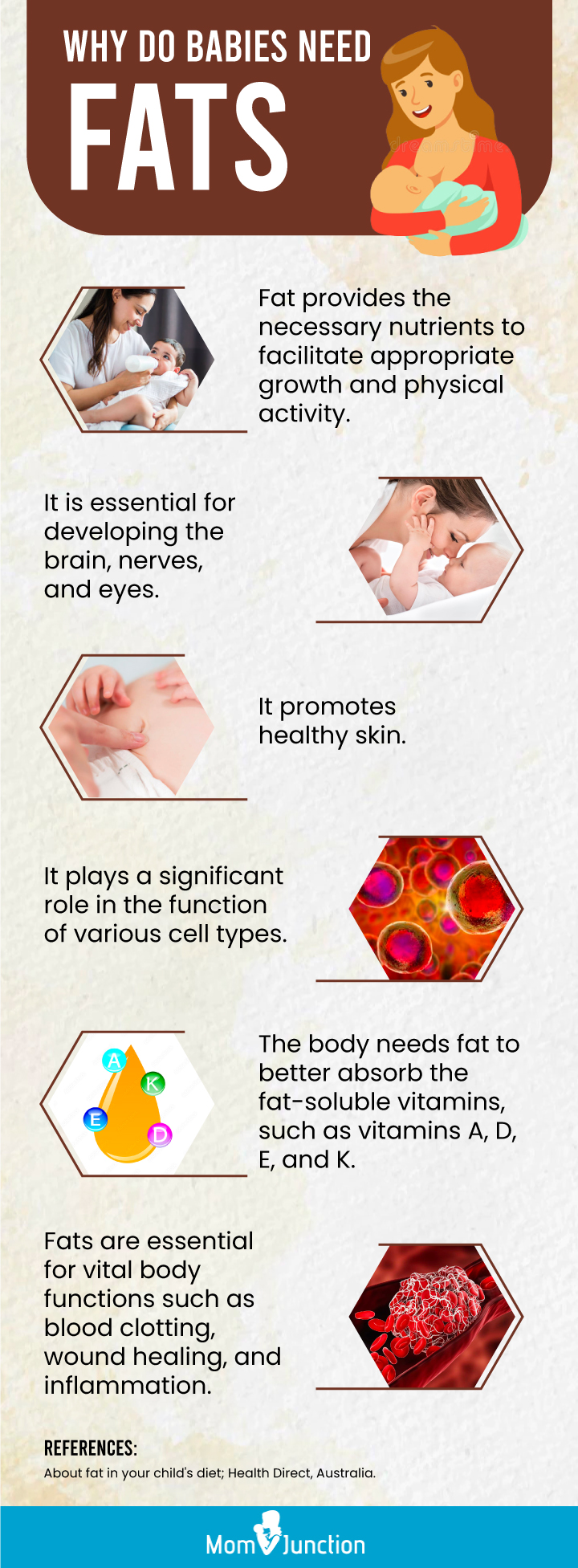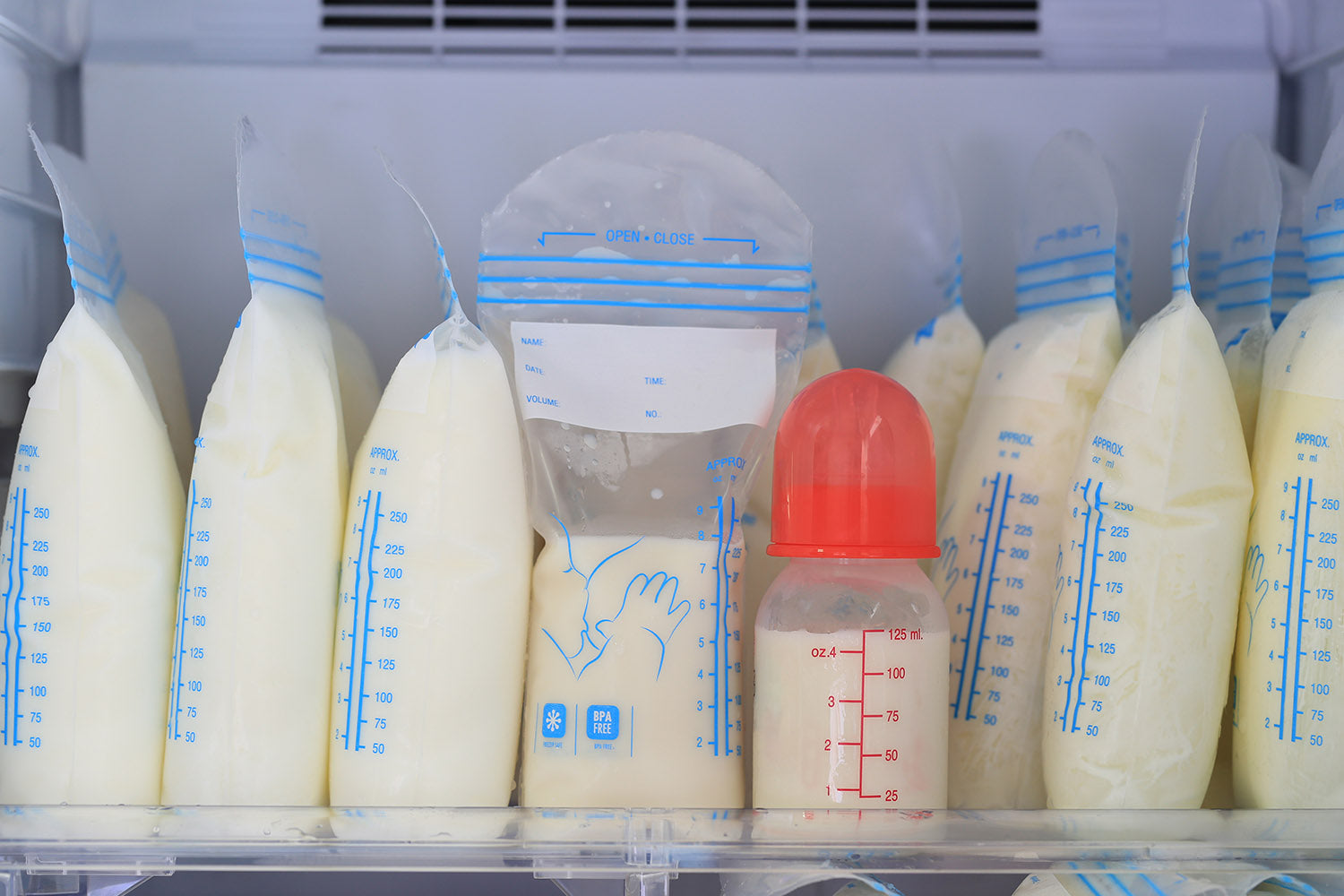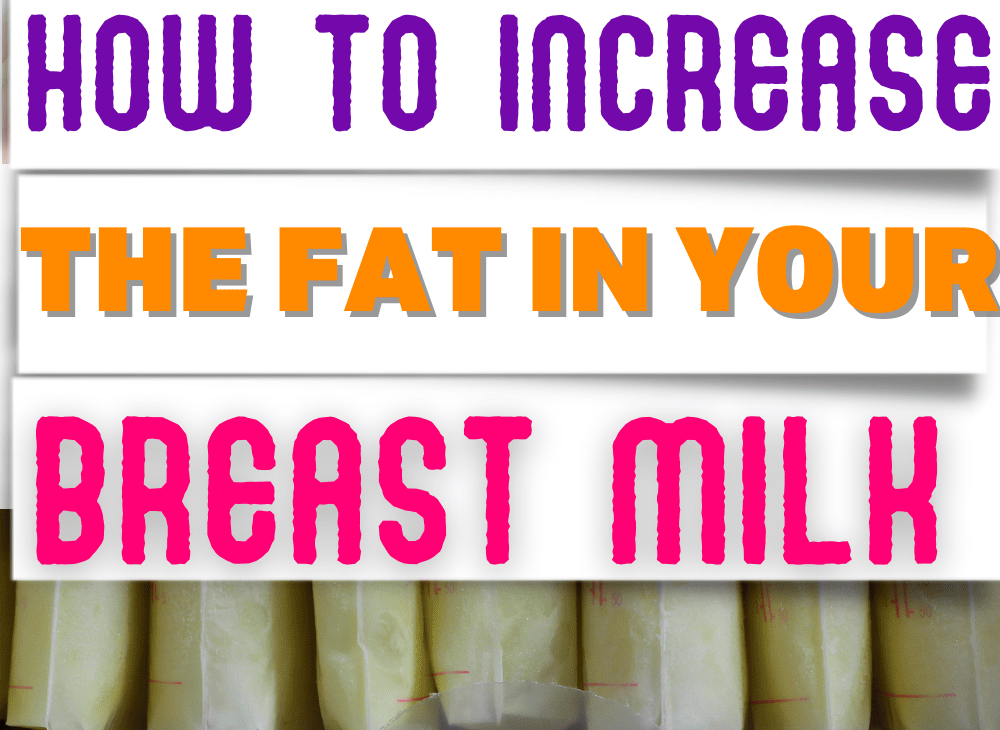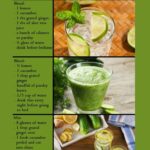To increase the fat in your breast milk, consume nutrient-rich foods high in healthy fats such as avocados, nuts, and seeds. Additionally, stay hydrated and aim for adequate caloric intake to support milk production.
New mothers often wonder how to optimize the quality of their breast milk, especially in terms of fat content. Ensuring that your diet includes plenty of healthy fats can significantly impact the fat content of your breast milk, providing essential nutrients for your growing baby.
By making simple dietary adjustments and maintaining proper hydration, you can enhance the fat composition of your breast milk and support your baby’s healthy development. Let’s explore some effective strategies for increasing fat content in breast milk to promote your baby’s overall well-being.
Table of Contents
ToggleBenefits Of Increasing Fat In Breast Milk
Increasing the fat content in your breast milk can have significant benefits for both your baby’s development and your own health. Higher fat content in breast milk is essential for the optimal growth and development of the baby. It provides essential nutrients and supports the healthy development of the baby’s brain, nervous system, and overall growth. Moreover, it can also aid in the infant’s cognitive and visual development.
For mothers, increasing the fat in breast milk can aid in postpartum weight loss and help with the process of nursing. The higher fat content can also contribute to a faster metabolism and provide more sustained energy throughout the day.

Credit: www.momjunction.com
Dietary Changes To Increase Fat Content
Increasing the fat content in your breast milk can provide your baby with essential nutrients for their growth and development. Including healthy fats and oils in your diet can help boost the fat content of your breast milk. Examples of healthy fats and oils include olive oil, coconut oil, and avocados. Consuming protein-rich foods like lean meats, fish, eggs, and dairy products can also increase the fat content in breast milk. Complex carbohydrates and fiber can be found in foods like whole grains, fruits, and vegetables, which can help support the production of rich and nourishing breast milk. Incorporating these dietary changes into your daily routine can be beneficial for enhancing the fat content in your breast milk and ensuring your baby receives the necessary nutrients for their well-being.
Hydration And Breastfeeding
Ensuring adequate hydration is crucial for increasing fat content in breast milk. Staying hydrated helps the body produce more milk for the baby. Drink plenty of water and consume hydrating foods like fruits and vegetables. Coconut water and herbal teas are excellent beverages for breastfeeding moms. Avoid caffeinated drinks as they can dehydrate the body. Stay mindful of your fluid intake throughout the day to support healthy lactation.

Credit: drinkgt.com
Breastfeeding Techniques To Boost Fat Content
To boost fat content in breast milk, utilize breast compression and switch nursing techniques.
Breast compression involves gently squeezing the breast throughout the feeding session.
Lifestyle Factors Impacting Fat Content
Lifestyle factors have a significant impact on the fat content of breast milk. Effective stress management is essential in maintaining a high level of fat. Stress can hinder milk production and alter its composition. Finding ways to relax and unwind is crucial for breastfeeding mothers in order to ensure the optimal fat content in their milk.
Physical activity also plays a crucial role in increasing the fat content of breast milk. Regular exercise helps improve blood flow and oxygenation, which in turn stimulates milk production. Engaging in moderate-intensity exercises such as brisk walking or low-impact aerobics can be beneficial.
Incorporating stress management techniques and regular physical activity into your daily routine can positively impact the fat content of your breast milk. Prioritizing self-care and well-being in these areas will not only benefit you, but also enhance the nutritional value of the milk you provide to your baby.

Credit: www.facebook.com
Supplements To Consider
Supplements to Consider:
- Galactagogues: These supplements help stimulate breast milk production, such as fenugreek and blessed thistle.
- Omega-3 Fatty Acids: Incorporating omega-3 rich foods like flaxseeds, chia seeds, and fish oil can enhance the fat content in breast milk.
Consulting A Lactation Specialist
Sure, here is the HTML formatted content for your blog post:
Seeking professional guidance from a lactation specialist can provide numerous benefits. Their expertise can help you address any concerns or challenges related to breastfeeding, ensuring that you are able to provide the best possible nutrition for your baby. Additionally, lactation specialists can offer personalized support and advice tailored to your specific needs and circumstances, thereby enhancing your breastfeeding experience.
Connecting with other mothers and seeking support from breastfeeding groups can be invaluable. These communities can offer a wealth of knowledge, experiences, and encouragement, helping you navigate the ups and downs of breastfeeding. By surrounding yourself with a supportive network, you can gain confidence and reassurance as you strive to increase the fat content in your breast milk.
Frequently Asked Questions For How To Increase The Fat In Your Breast Milk
How Do I Get More Fat In My Breast Milk?
To increase fat in breast milk, incorporate healthy fats like nuts, avocados, and olive oil in your diet. Staying hydrated and eating balanced meals can also support fat production.
What Time Of Day Is Breast Milk The Fattiest?
Breast milk is fattiest in the morning and during night feedings. This fat content provides essential nutrients for the baby.
What Are High Fat Foods For Breastfeeding?
High-fat foods that can support breastfeeding include avocados, nuts, seeds, full-fat dairy products, and fatty fish like salmon. These foods provide essential fatty acids for milk production and can help increase the fat content of breast milk.
What Foods Make Breast Milk Richer?
Foods like salmon, leafy greens, and nuts can make breast milk richer in nutrients for your baby.
Conclusion
Increasing the fat content in your breast milk can greatly benefit both you and your baby. By following the tips and techniques outlined in this blog post, you can easily enhance the nutritional value of your breast milk. Remember to eat a balanced diet, stay hydrated, and incorporate healthy fats into your meals.
With a little effort and consistency, you can ensure that your baby receives the best possible nourishment.




